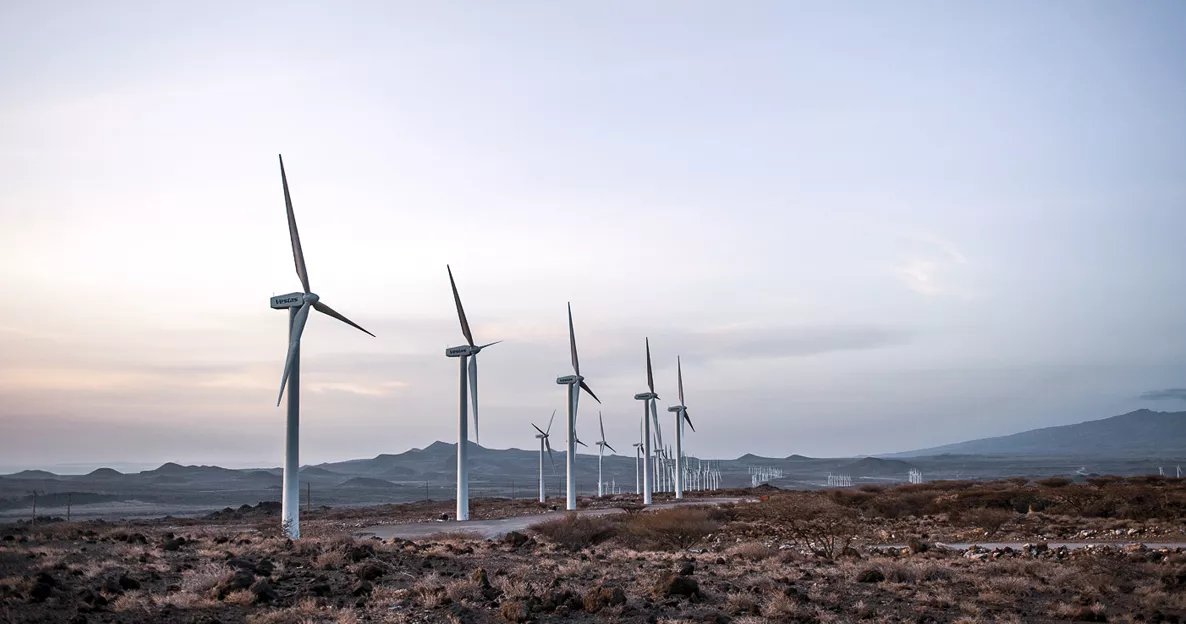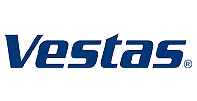
Vestas faced a situation where the internal control
systems for different turbines varied widely, often
requiring a significant architecture redesign for each
new turbine model.
Previous generations of turbines had been based on
control systems where safety and non-safety functions
were physically separated. This ensured safe
operation but restricted the way that data could be
gathered from the control system. Physical separation
of systems meant that there was a lot of external
wiring between the actuators and the controllers
which made servicing and maintenance challenging.
Vestas wanted to migrate from restrictive safety
systems based on dedicated safety PLCs to a more
flexible system with a consolidated design. TTTech
Industrial offered great experience in functional
safety and deep technical knowledge that stood out
from other suppliers.
TTTech Industrial built a scalable Distributed Control
System (DCS) for Vestas that fulfils safety requirements
and can be reused in multiple turbine models.
At the heart of the DCS is the Safety Control Board,
designed by TTTech Industrial to converge safety
and non-safety functions on one piece of hardware.
The entire DCS allows safety and non-safety systems
to operate seamlessly together. It was developed
with safety standards in mind so that it meets
the requirements of safety certification bodies like
TÜV. Additional Safety Control Boards can be easily
added to the DCS in order to scale it for use in larger
turbines or models with special features, such as ice
removal for use in cold climates.
Using Deterministic Ethernet within the DCS allows
more data to be shared on the network whilst
ensuring optimal bandwidth usage.
Vestas is integrating the scalable DCS from TTTech
Industrial into thousands of wind turbines every year.
The company is benefitting from increased flexibility
and reduced complexity which brings down the cost
of setting up new turbine control systems substantially.
The scalability of the DCS has also streamlined
development, with more than 70% of the turbine
control architecture now being reused when building
new turbines.
The reduction in external wiring enabled by the converged
safety control and networking equipment has
led to lower maintenance and servicing efforts. The
system not only requires fewer spare parts in total,
the spare parts required are also easier to change.
Network switches can now be replaced or added
without affecting the safety control board which
remains in place. Vestas has enjoyed significant
improvements in turbine uptime which ensures that
customer contracts are fulfilled and the overall cost
of energy for consumers is reduced.
About Vestas
Vestas is a leading name in sustainable energy solutions. The company designs, manufactures, installs, and services wind turbines across the globe.
